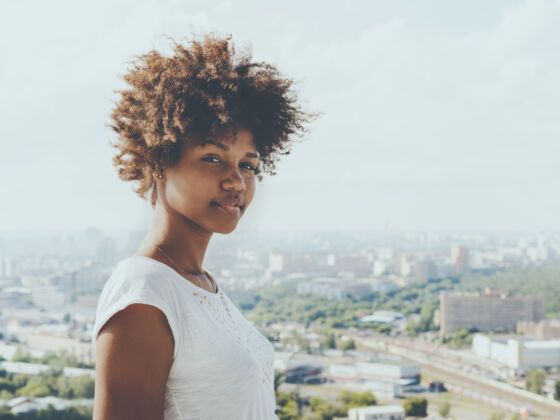1. You avoid the red line when at all possible.
2. You would never pay $1100 a month to live in Columbia Heights.
3. Your standards for formal education/job success are unreasonably high.
After going to high school alongside children of senators, high-performing lawyers, and diplomats, you never got the message that grad school isn’t a possibility for most people, or that you will not die unhappy, poor, and alone if you do not attend.
